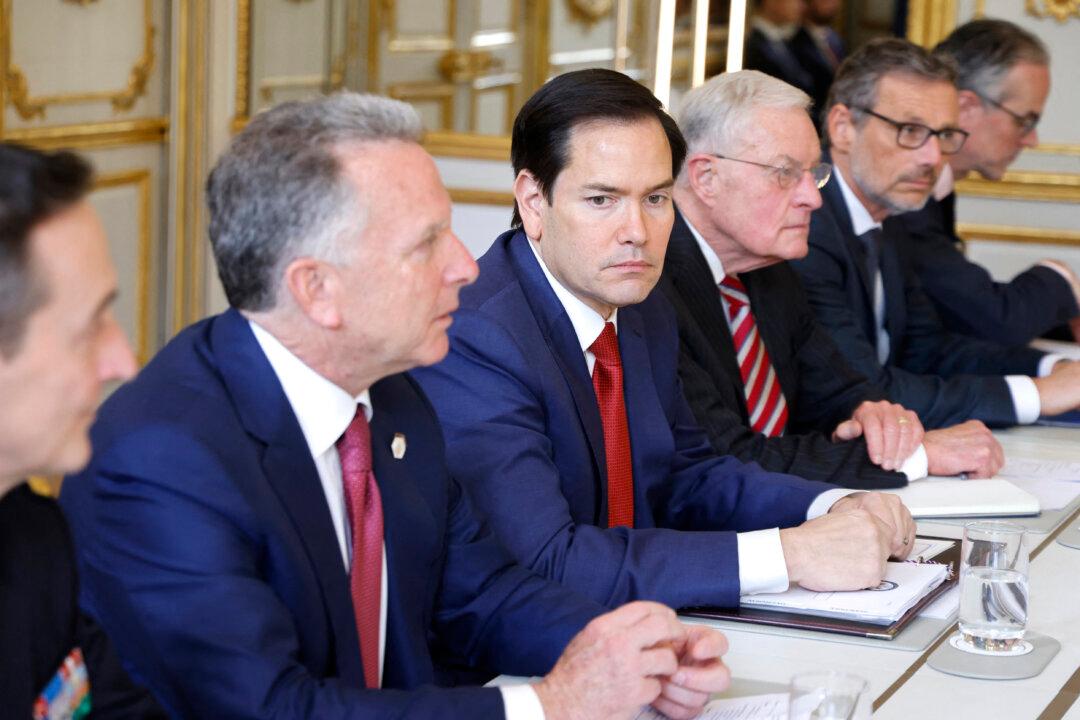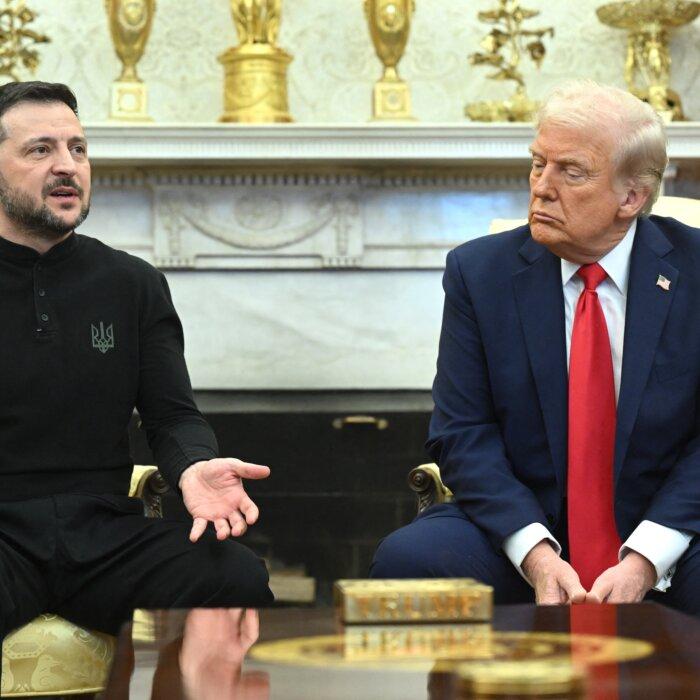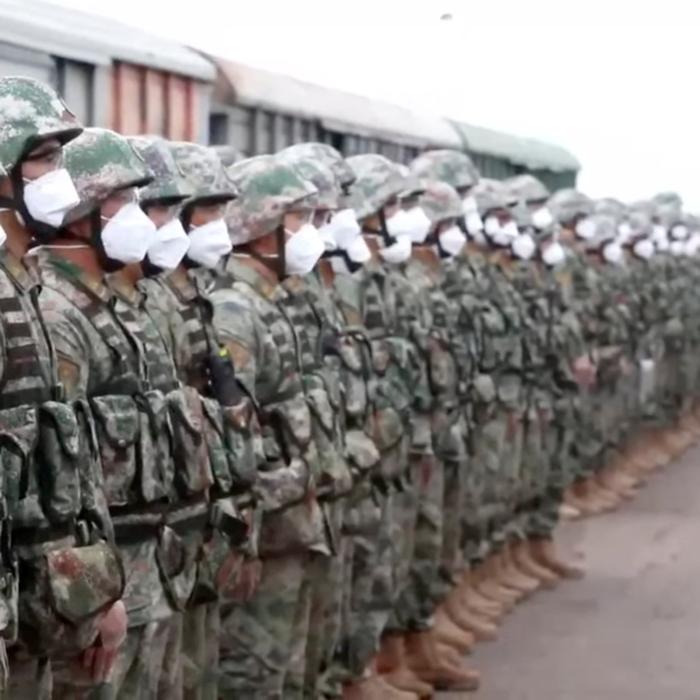U.S. President Donald Trump will drop efforts to clinch a peace agreement between Russia and Ukraine in the absence of any clear signs of progress.
“We’re not going to continue with this endeavor for weeks and months on end,” Rubio told reporters in Paris on Friday after meeting with European and Ukrainian leaders.
“We need to determine very quickly now—and I’m talking about a matter of days—whether or not this is doable in the next few weeks,” he added.
Rubio’s comments reflect mounting U.S. frustration with the lack of progress in securing a peace deal—something Trump had pledged to do soon after returning to office in January.
“If it’s not possible—if we’re so far apart that this is not going to happen—then I think the president is probably at a point where he’s going to say, ‘Well, we’re done,’” Rubio said.
Trump reiterated Rubio’s call for progress in peace negotiations later on Friday, during a White House swearing-in ceremony for Dr. Mehmet Oz to be the next administrator of the Centers for Medicare & Medicaid Services. The president declined to provide a more specific timeline for a deal, but said he wants to decide “quickly.”
“If, for some reason, one of the two parties makes it very difficult, we’re just going to say, ‘You’re foolish, you’re fools, you’re horrible people,’ and we’re going to just take a pass,” Trump said. “But hopefully we won’t have to do that.”
In an effort to push both sides to the negotiating table, Trump has threatened to impose tougher sanctions on Russia and end further U.S. military support for Ukraine.
Kremlin spokesman Dmitry Peskov said on Friday that diplomatic contacts were “quite complicated, because, naturally, the topic is not an easy one.”
“Russia is committed to resolving this conflict, ensuring its own interests, and is open to dialogue,” he added.
“We continue to do this.”
Despite a flurry of recent diplomatic activity, Russian Foreign Minister Sergey Lavrov said this week that it was “not easy to agree” on what he called “key components” of a peace settlement.
Speaking to the Russian press on April 14, Lavrov confirmed that Moscow and Washington had yet to agree on even the basic parameters of a cease-fire deal.
Nevertheless, he added, “They are being discussed.”
Moscow’s terms for ending the three-year-old war include recognition of its sovereignty over four Ukrainian regions that it invaded in 2022 and currently views as Russian territory.
Russia also demands the withdrawal of all Ukrainian forces from these regions, along with iron-clad guarantees that Ukraine will never join the Western NATO alliance.
But Kyiv and several European capitals, along with some Trump administration officials, say Moscow’s demands are unacceptable and would amount to Ukraine’s de facto capitulation.
On April 18, U.S. Vice President JD Vance expressed optimism that a cease-fire agreement could, despite current difficulties, be achieved.
“Even in the past 24 hours, we think we have some interesting things to report on,” Vance told reporters in Rome at a meeting with Italian Prime Minister Giorgia Meloni.
“Since there are the negotiations, I won’t prejudge them. But we do feel optimistic that we can hopefully bring this war ... to a close.”
A day earlier, Kyiv announced it had signed a memorandum with Washington as a step toward finalizing a deal on the development of Ukraine’s mineral resources.
The prospective deal has been touted by Trump as a means of fostering peace between Russia and Ukraine by giving the United States a financial stake in Ukraine’s future.
‘Matter of Days’
Last month in Saudi Arabia, U.S. officials held separate talks with their Russian and Ukrainian counterparts, who agreed to a limited truce aimed at ending hostilities in the Black Sea.The Kremlin, however, later added several conditions to the prospective truce, which Rubio said U.S. officials would “evaluate.”
Results of that evaluation, however, remain unclear.
During the talks in Saudi Arabia, Moscow and Kyiv also pledged to abide by a 30-day U.S.-brokered moratorium on attacking each other’s energy facilities.
Since then, however, both sides have accused each other of repeatedly breaching the moratorium, casting doubts on the efficacy of U.S. peacemaking efforts.
After holding “constructive” talks in Paris with European and Ukrainian leaders, Rubio said he had spoken to Lavrov and briefed him on “elements” of the U.S. peace framework.
According to Rubio, European capitals would play a central role in any peace deal, because their sanctions on Russia—over which Washington has no control—would likely need to be lifted to secure an agreement.
“There’s no one saying this [a peace deal] can be done in 12 hours,” Rubio told reporters in Paris.
“We need to figure out here and now—within a matter of days—whether this is doable in the short term,” he added.
“Because if it’s not, then I think we’re just going to move on.”
The Kremlin, meanwhile, has yet to comment on those remarks.







